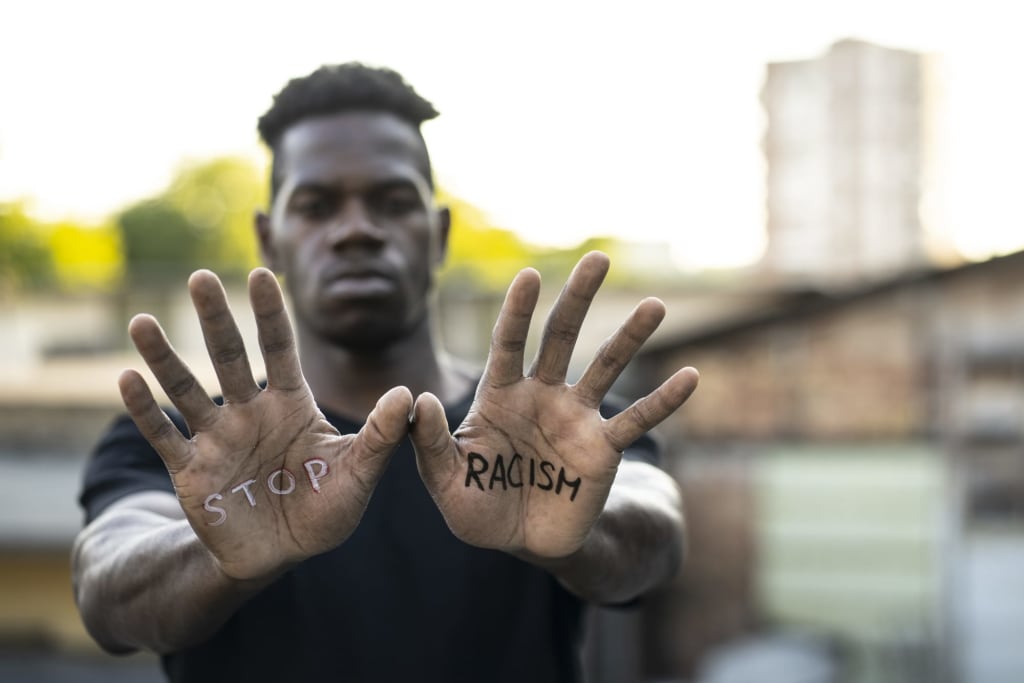The Netflix series “Dear White People” has sparked a lot of discussion and controversy surrounding its portrayal of social justice issues. The show, which follows a group of black students at a predominantly white Ivy League university, has been praised for its bold and unapologetic approach to addressing racism and other forms of discrimination. However, it has also faced criticism for its portrayal of social justice movements and activism.
One of the things that “Dear White People” gets right is its ability to bring important social justice issues to the forefront of public discussion. The show does not shy away from addressing topics such as cultural appropriation, microaggressions, and institutional racism, which are often overlooked or ignored in mainstream media. By bringing these issues to light, “Dear White People” is able to educate viewers about the realities of racism and discrimination that many people face on a daily basis.
Additionally, the show’s diverse cast and complex characters help to humanize social justice issues, making them more relatable and accessible to a wider audience. By depicting the personal struggles and experiences of its characters, “Dear White People” is able to show the real-life impact of racism and discrimination, and why it is important to address these issues.
However, the show has also faced criticism for its portrayal of social justice movements and activism. Some critics argue that the show paints social justice activists as overly aggressive or militant, which can perpetuate negative stereotypes and hinder progress towards social change. In some cases, the show’s portrayal of activism may come across as performative or superficial, lacking a deeper understanding of the complexities of social justice issues.
Additionally, some viewers have pointed out that the show’s focus on racial tensions between black and white students may overlook the experiences of other marginalized groups, such as LGBTQ+ individuals, indigenous people, or people with disabilities. By centering the narrative on the black experience, “Dear White People” may inadvertently perpetuate a hierarchy of oppression that fails to address the intersecting identities and experiences of all marginalized groups.
In conclusion, “Dear White People” is a thought-provoking and important show that raises important questions about race, identity, and social justice. While it does a commendable job of bringing important issues to light and humanizing the experiences of marginalized individuals, the show also has its limitations in its portrayal of activism and its focus on racial tensions to the exclusion of other marginalized groups. Despite its flaws, “Dear White People” is a valuable contribution to the conversation about social justice and serves as a reminder of the importance of continuing to fight for equality and justice for all.
